US approves secret sale of nuclear tech to Saudi Arabia
The administration of US President Donald Trump has approved six authorizations that allow American companies to secretly provide Saudi Arabia with nuclear technology or technical assistance, an official document shows.
According to the document, issued by the Department of Energy and seen by Reuters on Wednesday, the firms had requested the US government to keep their approvals secret.
“In this case, each of the companies which received a specific authorization for (Saudi Arabia) have provided us written request that their authorization be withheld from public release,” the department’s National Nuclear Security Administration wrote in its document.
Meanwhile, a Department of Energy official stressed that the requests contained proprietary information and that the authorizations had gone through a multi-agency approval process.
According to Reuters, an informed source, who spoke on condition of anonymity, also said that the authorizations let companies do preliminary work on nuclear power ahead of any deal but not ship equipment that would go into a plant.
In a congressional hearing on Wednesday, Representative Brad Sherman urged Secretary of State Mike Pompeo to release the names of the companies that received the authorizations, accusing the Trump administration of attempting to evade Congress on sharing nuclear power with Riyadh.
“One thing that is in our interest is to prevent Saudi Arabia from getting a nuclear weapon,” he said. “What I’ve seen in this administration recently... is an effort to evade Congress and to some extent evade your department and provide substantial nuclear technology and aid to Saudi Arabia while [Riyadh] refuses to abide by any of the controls we would like to see regarding reprocessing, enrichment.”
Many US Congress members are concerned about the provision of nuclear technology to Saudi Arabia, a destabilizing force under the Salman clan.
Last month, a report by a congressional committee revealed that the Trump administration was trying to bypass Congress to transfer sensitive nuclear power technology to Saudi Arabia.
Iran’s Foreign Minister Mohammad Javad Zarif at the time decried the US “hypocrisy” over the planned nuclear sale to the Saudi regime.
Last March, Saudi Crown Prince Mohammed bin Salman said that the kingdom would be quick to develop nuclear weapons if Iran — which Riyadh views as its arch rival in the region — did so.
Iran does not pursue nuclear weapons, and under a 2015 international deal, it has placed its entire nuclear program under enhanced 24/7 monitoring by the United Nations (UN)’s atomic watchdog. That organization, the International Atomic Energy Agency (IAEA), has repeatedly confirmed the peaceful nature of Iran’s nuclear program.
With the secret nuclear support of the Trump administration — which is strongly opposed to Iran — reported by Reuters, it is unlikely that Saudi Arabia will allow any meaningful international monitoring of its nuclear work once it is in possession of the technology, augmenting concerns about nuclear weapons proliferation. The Israeli regime, another adversary of Iran, also has a nuclear weapons program not subject to any international monitoring at all mainly due to support from Washington. Under King Salman and his son, Mohammed, Saudi Arabia has been recently cozying up to the Tel Aviv regime.
The Reuters report said Russia and South Korea are competing with the US to secure a nuclear contract with Saudi Arabia.
Israel kills 5 more paramedics in southern Lebanon: Health ministry
Iran to launch ‘new, advanced’ centrifuges in response to IAEA resolution: AEOI
Yemen fires hypersonic missile at Israeli airbase
VIDEO | New Delhi chokes under toxic smog as air quality remains at hazardous levels
VIDEO | Press TV's news headlines
VIDEO | ICC's arrest warrant for Netanyahu to worry Western politicians: Former British diplomat
Iranians protest against Israel after Netanyahu ICC warrant
Germany undecided on complying with ICC arrest warrants for Israeli war criminals





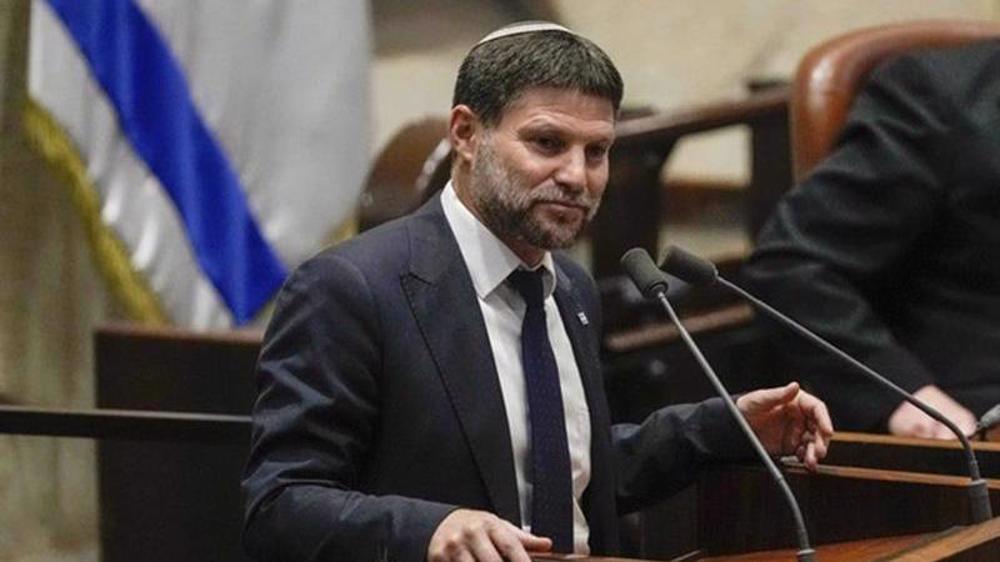
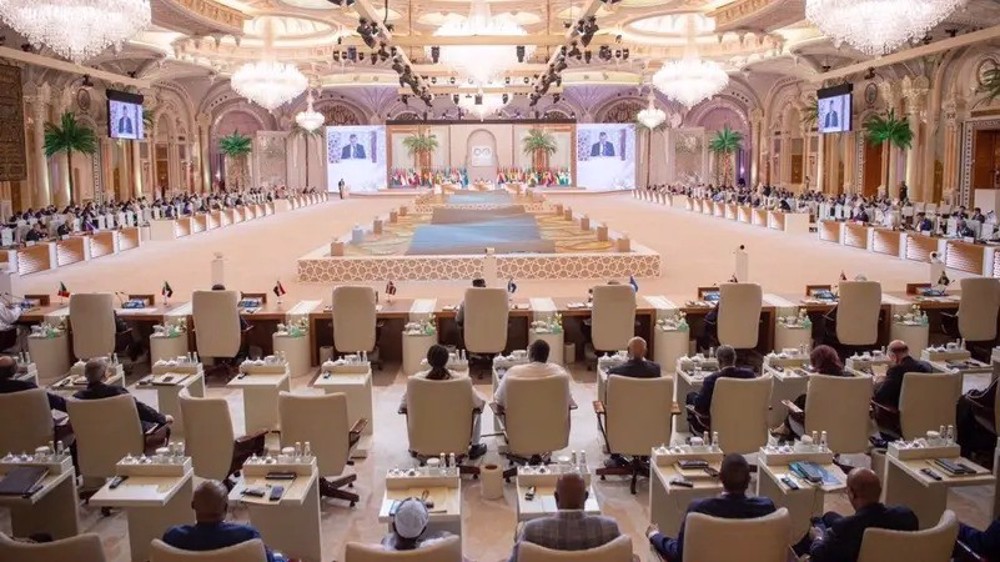



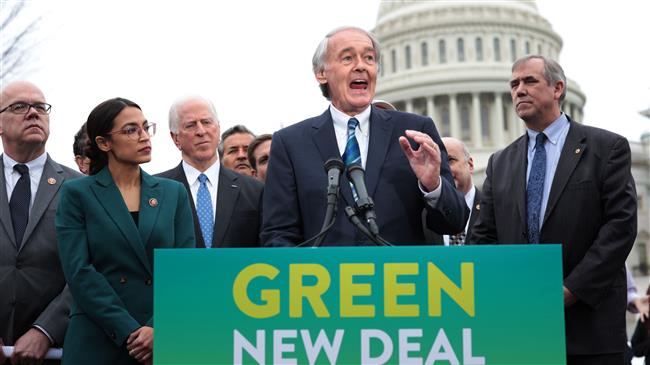
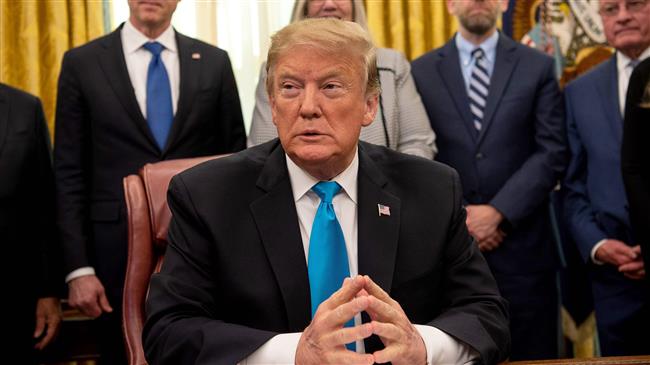
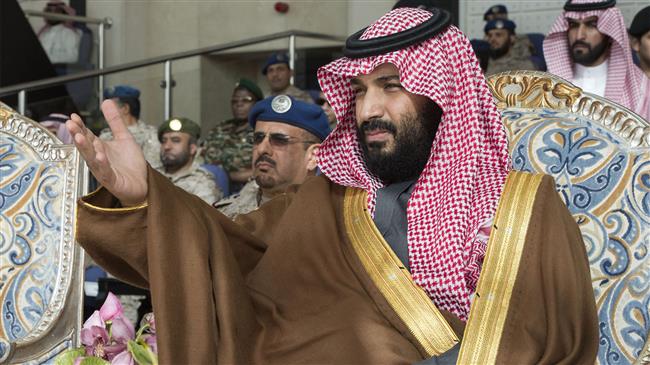
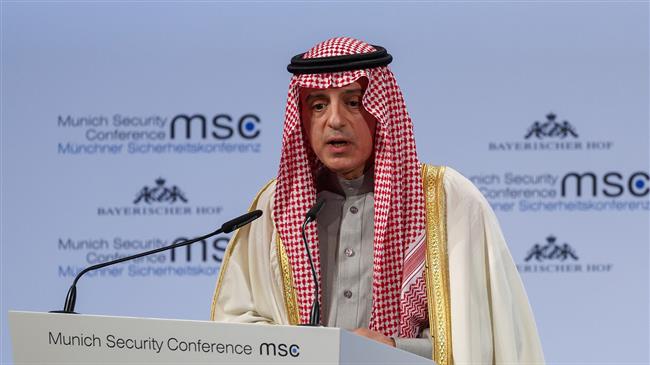


 This makes it easy to access the Press TV website
This makes it easy to access the Press TV website